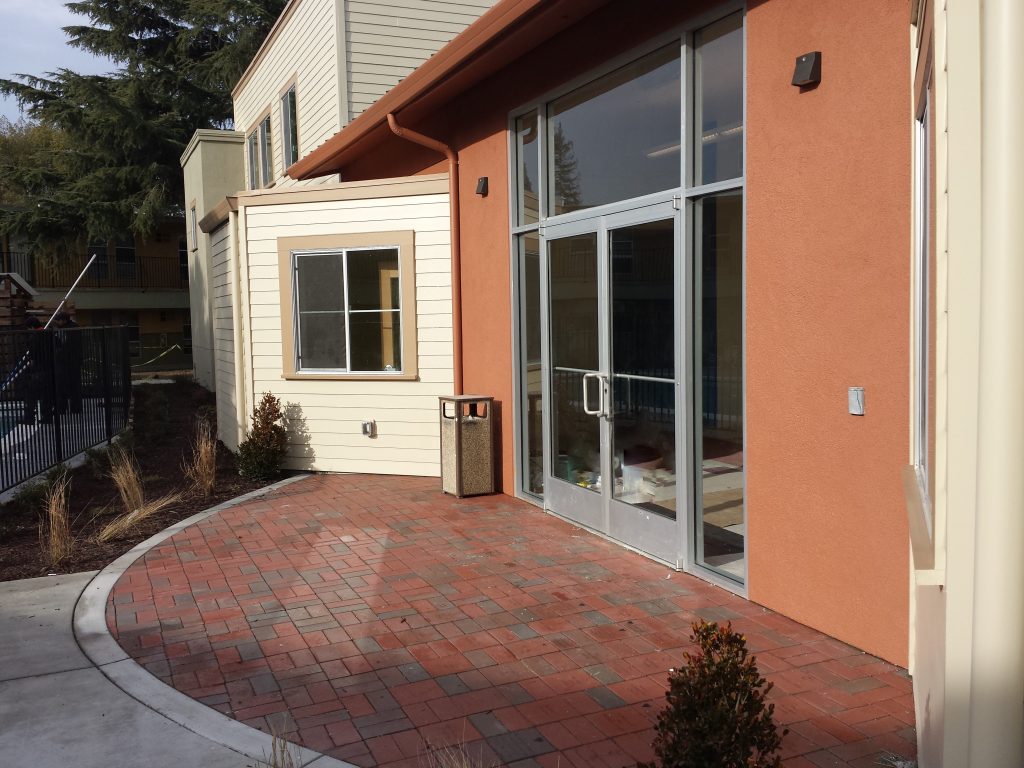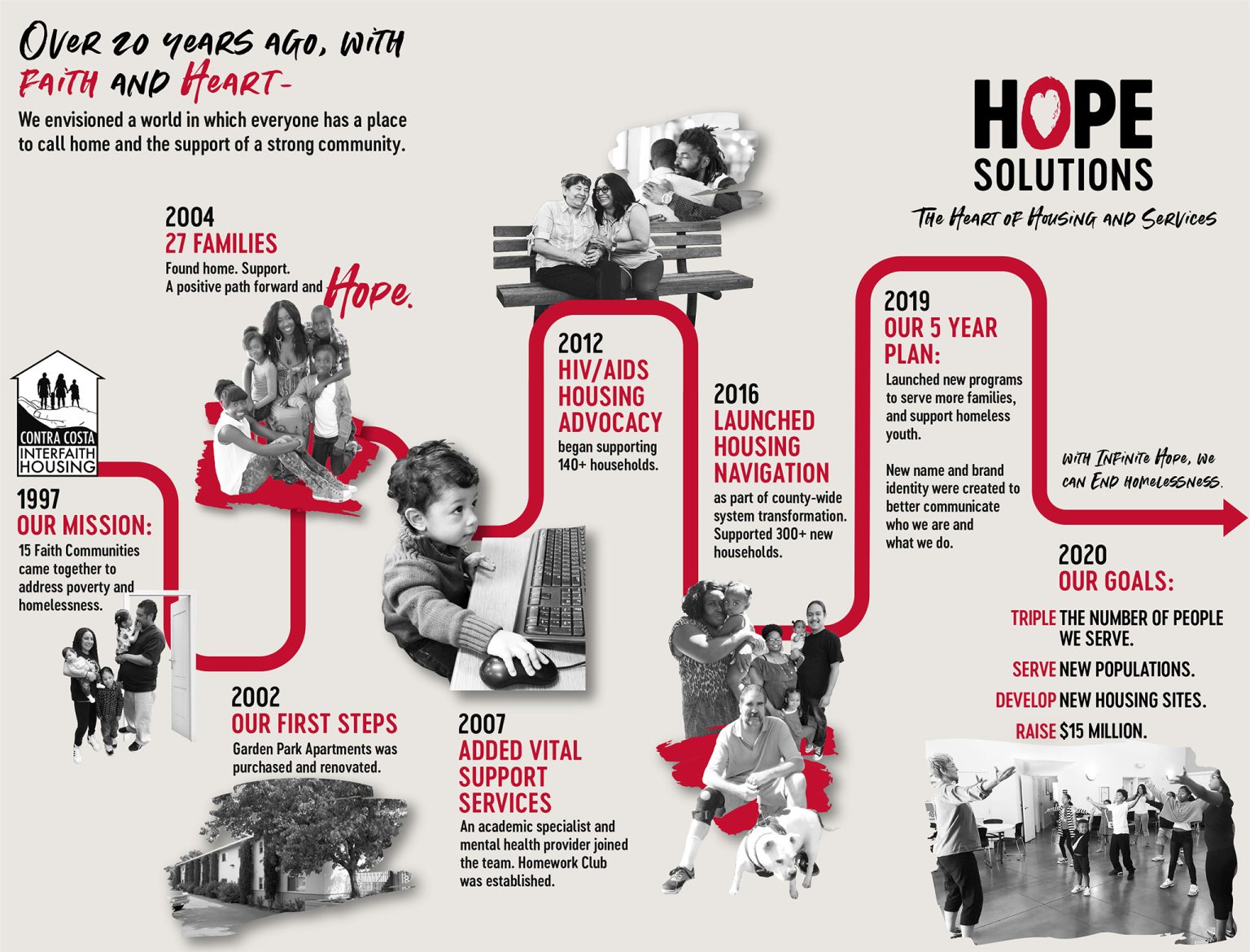Who We Are
Our Approach
What sets Hope Solutions apart, and gives us confidence in our clients’ future success, is our proven model of permanent housing coupled with supportive services. We are working to heal the multi-generational impact of poverty, racism, trauma, substance use, mental health issues, and inadequate access to healthcare.

Mission
We heal the effects of poverty and homelessness by providing permanent housing solutions and vital support services to vulnerable families and individuals.

Vision
We envision a world in which everyone has a place to call home and the support of a strong community, so that they can live with dignity and reach their full potential.

Values
We are committed to excellence and we accomplish our work with integrity, respect, compassion, and humility.
Our COMMITMENT TO DIVERSITY, EQUITY, INCLUSION & BELONGING (DEIB)
We commit to supporting our staff, board, and clients so that all people who are connected with Hope Solutions can show up as their whole self. Hope Solutions values and celebrates the diverse backgrounds, identities, and experiences of our employees and the communities we serve. And we acknowledge that the mere existence of DEIB is an indicator that there are significant issues of inequity and exclusion in our country’s institutions and organizations. We are committed to continuously refining and improving our DEIB work to counteract the historical housing inequities and advance equitable outcomes for our clients.
While we have identified goals and action steps, we believe that this work will continue to be a work in progress. In social justice work, the journey is the destination. How we behave and interact with each other along the way is a key goal in itself. With this in mind and heart, Hope Solutions commits to:
- Create and nurture a learning environment for engagement, communication, and growth.
- Support staff so that everyone can show up to work as their whole self.
- Collaborate with system stakeholders to identify and dismantle white supremacy and promote social justice, housing justice, and equitable outcomes in our internal and external systems.
To achieve these objectives, we measure our progress and the success of our clients through data:
1) The number of employee grievances filed
2) Staff retention
3) Promotion of staff of color
4) The diversity of our staff, executives, board, and clients
5) Annual staff surveys
6) Annual client surveys
7) H3 Program Equity Measures
We believe that our DEIB efforts must be interwoven in everything we do. It is not jargon, an afterthought, or a training. It is in how we work with clients, treat one another, and how we learn from our mistakes. We move forward with persistence and humility knowing that there is always room for improvement and that this work will never be complete.
our community
We are proud to operate as part of the Contra Costa County Continuum of Care which promotes community wide planning and strategic use of resources to address homelessness. Our community is committed to the All Home sponsored Regional Action Plan, and its goal to reduce unsheltered homelessness by 75% by the year 2024. Contra Costa County Health, Housing, and Homeless Services has developed a plan to achieve this goal focused on increasing permanent supportive housing, better coordinating prevention programs, and increasing interim housing.
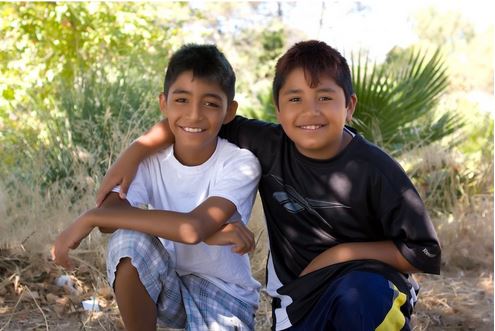
Our Programs
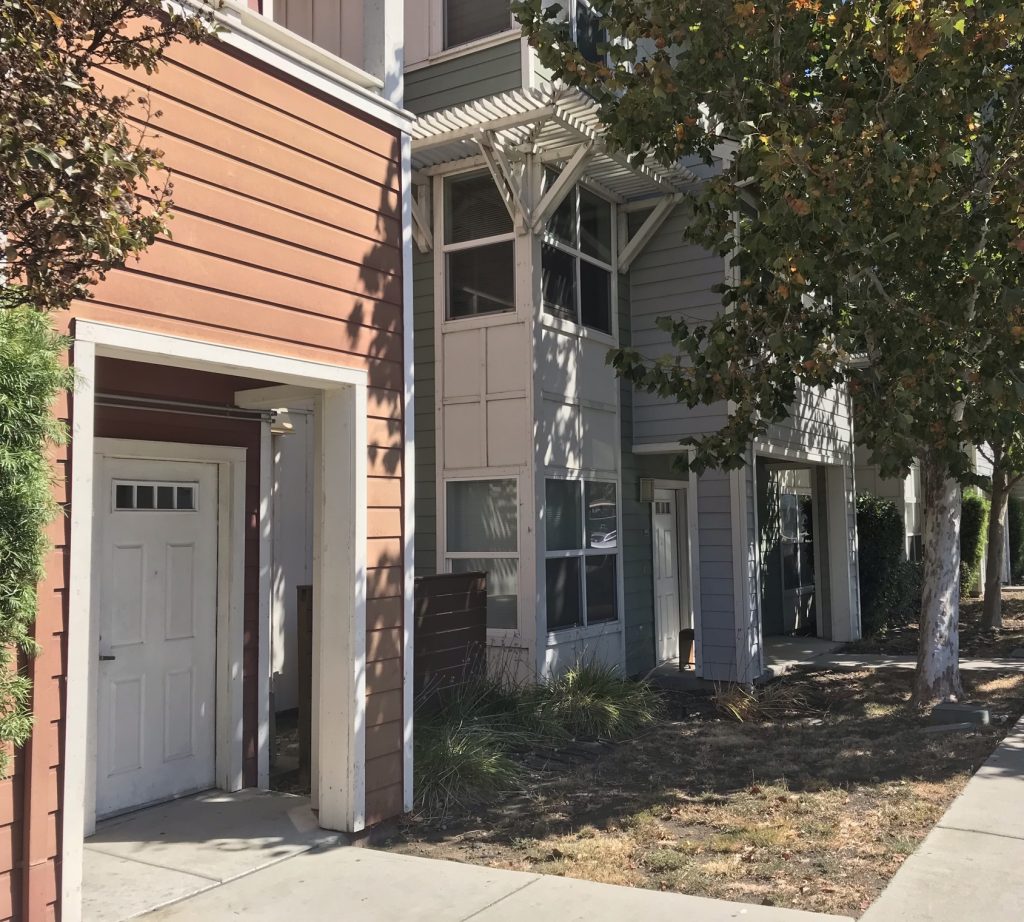
Quality Permanent Housing Solutions. We know that for people to change their situations permanently, their housing must be permanent. Our residents own the decision of when to move on to other housing, as long as the provisions of the lease are upheld. Permanent housing and on-site support services are the foundation on which our residents can build self-reliant, dignified, and sustainable lives. This service is provided through quality permanent housing, rapid rehousing, housing navigation, and eviction prevention programs that help our clients find and keep housing.

Client Centered Support Services. Housing is just the beginning. Our skilled team, many with lived experience, work alongside our clients through individualized mental health counseling, employment support and financial literacy, and social and academic youth enrichment. They also provide parenting support and crisis management to heal the trauma of homelessness and poverty. We empower our clients to reconnect and sustain their community networks.
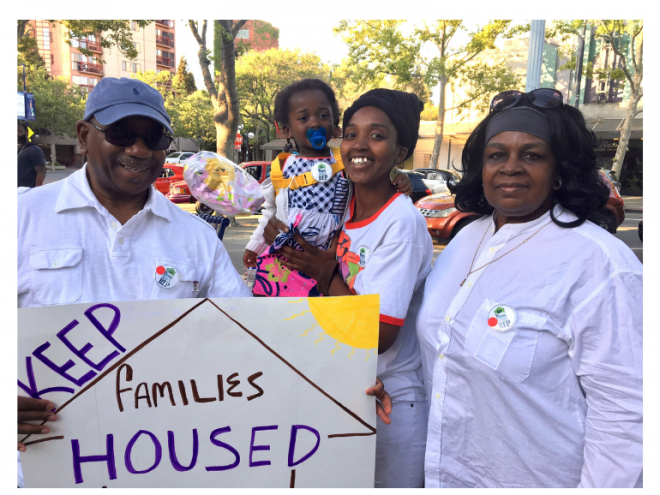
Collaborative Leadership with Government and Community Partners. Homelessness is a complex problem. While our work is primarily centered on supporting those in immediate need, we use our experience, data and stories to help create a fundamentally better system of care.





Thank you, Hope Solutions. My life is forever changed from the program.
– Wilhelmina
Hope Solutions Resident
Who We Serve
Victims of domestic abuse
Individuals aging out of foster system
People reentering society post-incarceration
People living with mental health issues
People living with disabilities or special needs
People living with HIV/AIDS
Our strategic plan
Our five year strategic plan began in 2019, and was the result of intensive research and reflection by internal and external stakeholders. The plan elevates our vision and is our foundation and guide to increase our impact and build capacity.
Our History
In 1991, the Homeless Task Force of Lafayette-Orinda Presbyterian Church alerted its neighboring faith-based communities to the growing crisis of homelessness in Contra Costa County, particularly for families with special needs. Fifteen congregations responded by forming Hope Solutions (then known as Contra Costa Interfaith Transitional Housing). The organization began educating its congregations about homelessness in Contra Costa County, and soon thereafter, became a nonprofit entity.
With support from its member congregations, Hope Solutions launched a capital campaign and purchased Garden Park Apartments in Pleasant Hill. With unprecedented cooperation and commitment of faith-based and other community partners, they ultimately raised $5M from public and private sources for the project, and in 2004 Garden Park Apartments opened to 27 formerly unhoused families, all with special needs.
Currently, we provide critical services to over 2,000 clients across the county, including affordable housing complexes in Pleasant Hill, Concord, Pittsburg and Bay Point.
